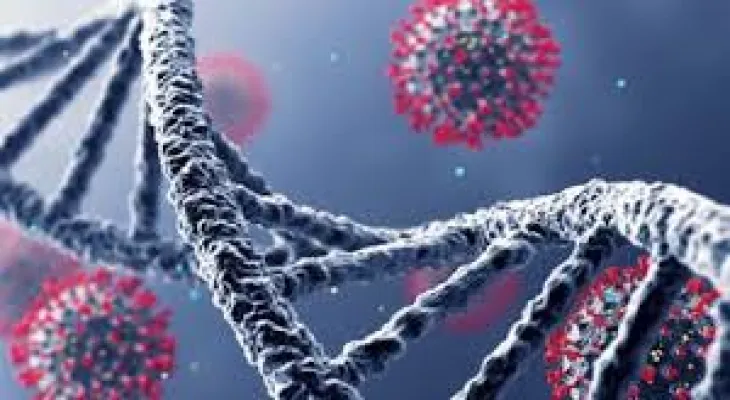Search here
Newspaper
Search here

Arab Canada News
News

Published: July 31, 2022
The number of HIV cases in Canada has increased, and it disproportionately affects Indigenous communities.
For this reason, researchers participating in the 24th Annual International AIDS Conference, hosted by Montreal, are calling for a new approach to combat the 50-year-old disease.
Doris Pelletier is one of those researchers. Coordinator with the Indigenous STBBI Research Centre at McMaster University, she is also an Anishinaabe woman living with HIV.
Pelletier said, "We need the international community to stand with us." The communities she works with are battling converging epidemics: COVID-19, AIDS, and the opioid crisis—a reality that has strained Indigenous health networks.
Indigenous people living on reserves are three times more likely to contract HIV.
Dr. Julie Bruno, an HIV researcher at the University of Montreal, said opioids play a key role in how AIDS affects Indigenous communities.
She said, "There are many links between HIV and the opioid crisis, and at the center are people who use drugs, and key populations such as Indigenous people."
Advocates like Margaret Kisikaw Piyesis point to poverty, unequal access to medical services, and systemic racism.
Piyesis, CEO of Communities, Alliances and Networks (CANN), explained that "some root causes go back to what happened to our ancestors on this land."
The gaps in healthcare are broader for Indigenous people living with HIV in remote and northern communities.
Matia Alatini is the COVID-19 coordinator for the Yukon First Nations Council and said one of the biggest barriers in Yukon regarding the pandemic is testing.
She explained, "There is only one point of care. So it has to be Whitehorse or a central city like Vancouver or Edmonton."
Alatini said lessons learned from COVID-19 can be applied to HIV treatment in the North, such as establishing a virtual appointment system.
COVID-19 restricted access to AIDS testing across Canada in general, meaning it is difficult to get an accurate picture of the numbers. Dr. Bruno explained, "We were not able to conduct surveillance," but hope lies in bringing the disease back to the forefront of public health discussions, especially when it comes to Indigenous communities, Piyesis said. "We want Indigenous people at the forefront and talking about those solutions." The AIDS conference ends on August 2.
Comments